Tips for Holiday Travel with Hearing Aids
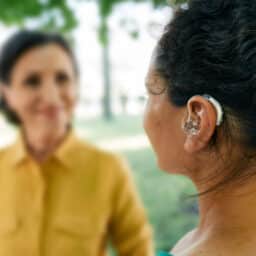
If you have hearing loss, you’re not alone this holiday season. According to the National Institute on Deafness and Other Communication Disorders, “Approximately 15% of American adults (37.5 million) aged 18 and over report some trouble hearing.” Traveling with hearing loss can be stressful, even if you wear hearing aids. Below we review tips to…
A Guide To Hearing Aid Controls
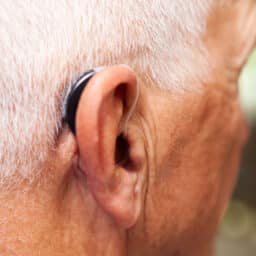
Hearing aids do so much more than amplify sounds. They are sophisticated, technologically advanced devices that can make listening easier in any environment and improve your overall quality of life. Let’s look at the range of controls hearing aids come with, as well as how to decide what technology is right for you. Common Hearing…
How Does Noise Pollution Impact Your Health?

When you think of pollution, you probably think of contaminants like smoke in the air or garbage in the ocean. However, there are other types of pollution, including noise pollution, which is the spread of unwanted sounds in the environment. Not only can noise pollution be annoying, it can also impact your health. We review…
How to Enjoy a Day on the Beach with Hearing Aids

What’s more relaxing on a hot summer day than making the trek to South Mission Beach? While you’re packing for your trip, if you’re one of the 16% of adults ages 20 to 69 who wears hearing aids, be sure to keep the following tips in mind to keep your devices safe. Keep Your Devices…
Tips to Keep Your Ears Healthy
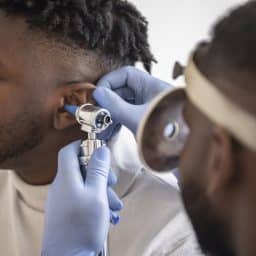
Your sense of hearing allows you to communicate with loved ones, enjoy the sounds of nature and connect with the world around you. Because of this, it’s important that you take measures to protect it. Below we review tips for keeping your ears healthy. Clean Your Ears Safely Earwax has the very important job of…
What Type of Hearing Aid Batteries Will Work Best for Me?
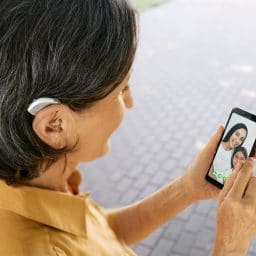
There is a wide range of types and styles of hearing aids. What they all have in common is they get their power from batteries. But how do you choose which type of battery to use? We review what type of hearing aid batteries will work best for you below. Rechargeable Hearing Aid Batteries Like…
Is There a Link Between Hearing Loss & Sleep Apnea?

Are you one of the nearly 70 million U.S. adults with a sleep disorder? If so, you may be at risk of hearing loss. While experts are still researching the link between sleep apnea, one of the most common sleep disorders, and hearing loss, they do know that these health conditions are connected. What Is…
The Benefits of Bringing Someone with You to Your Hearing Appointment

Taking the first step to address your hearing loss by getting a hearing test is a huge deal. Many people find it helpful to have a loved one go with them to offer support and provide insight as they make decisions to help improve their hearing health. Hearing Loss Impacts Relationships Hearing loss doesn’t just…
How Are Animals Helping Scientists Improve Hearing Aids?
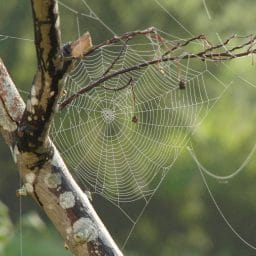
Hearing aid technology is rapidly evolving and scientists are always looking for ways to improve user experience. One unique way they might be able to do this is by looking at spiders and flies. Background Noise and Hearing Aids You might be wondering how insects could possibly help anyone hear better. The answer is that…
3 Mistakes New Hearing Aid Owners Make
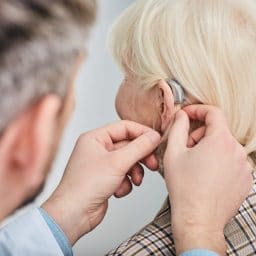
It’s not uncommon for first-time hearing aid users to have some growing pains as they adapt to life with their new device. Sometimes it may be actions that you are taking (or not taking) that can lead to problems. Let’s take a look at three common mistakes first-time users make so you can know what…